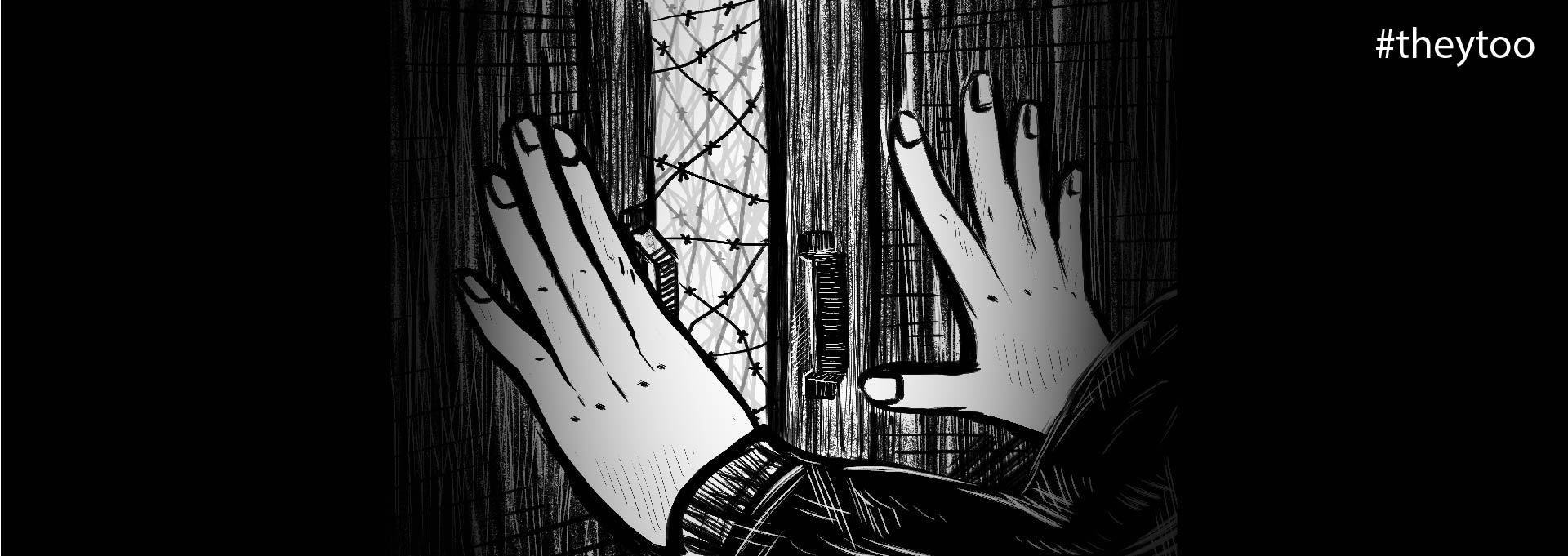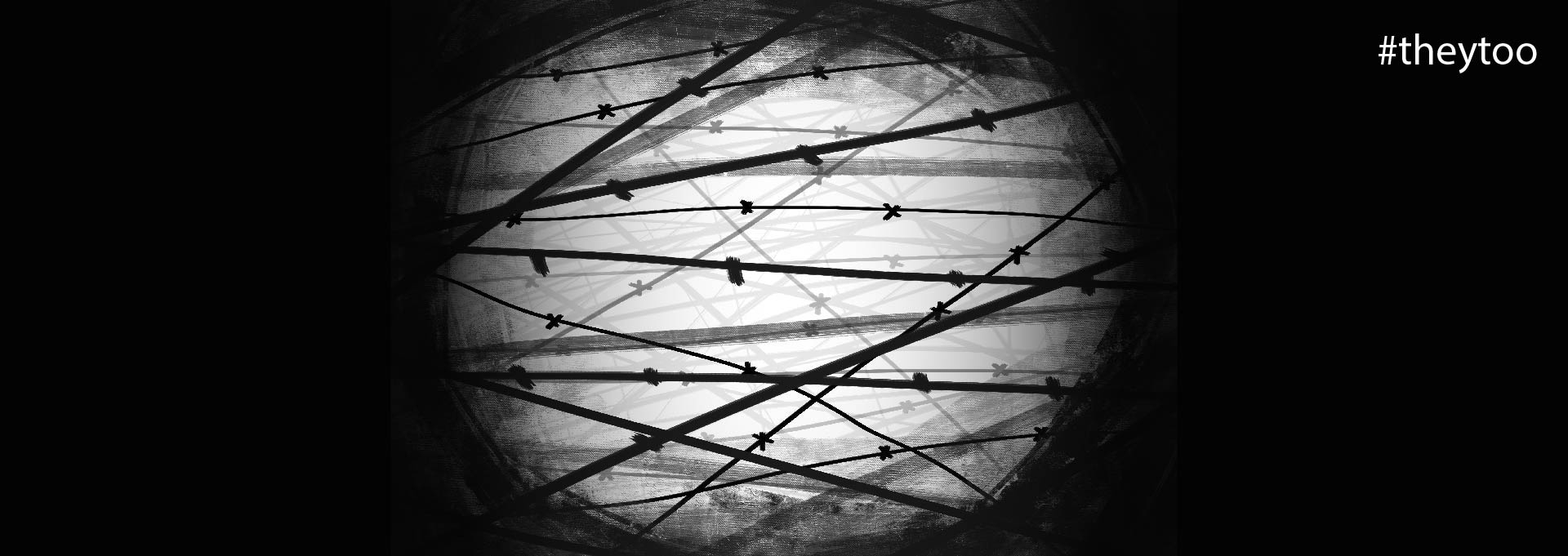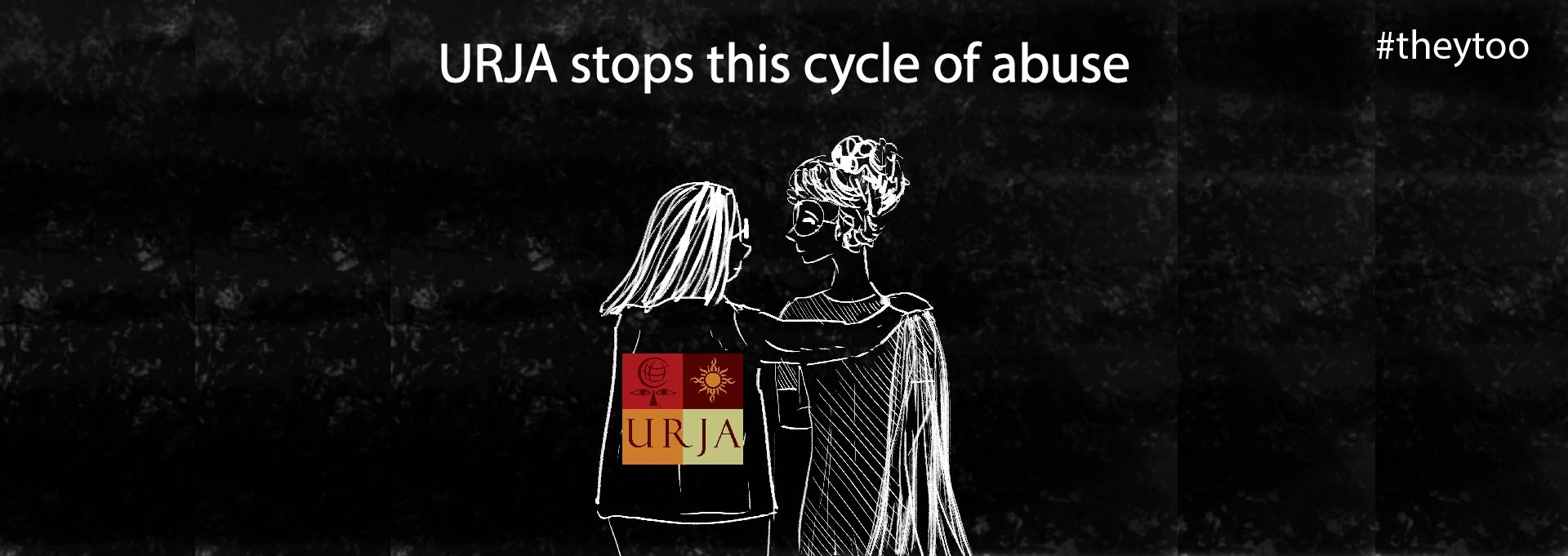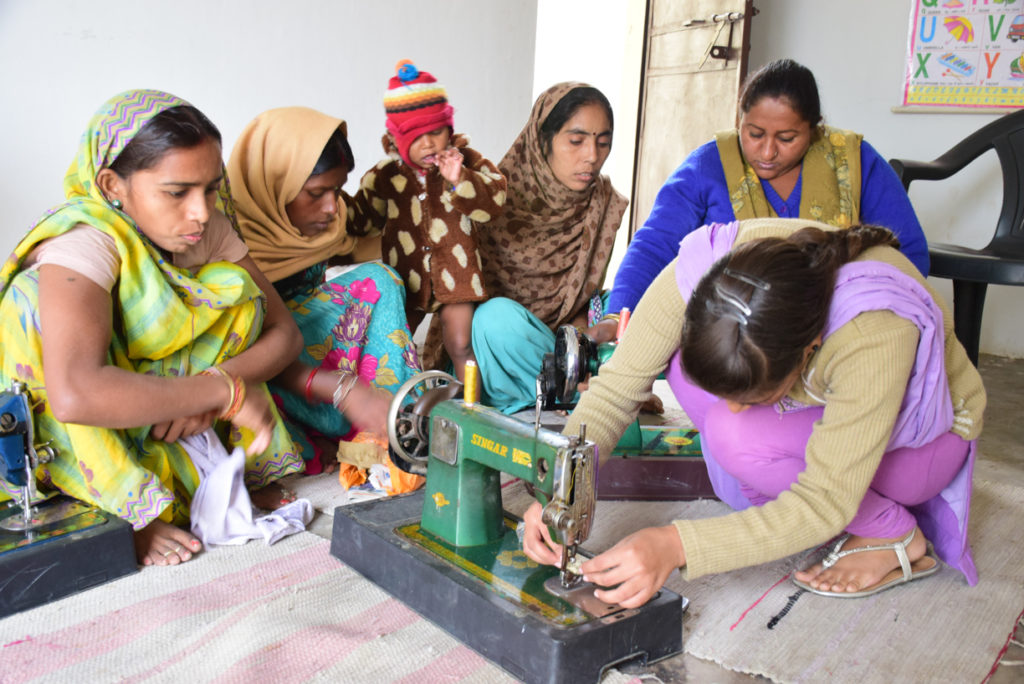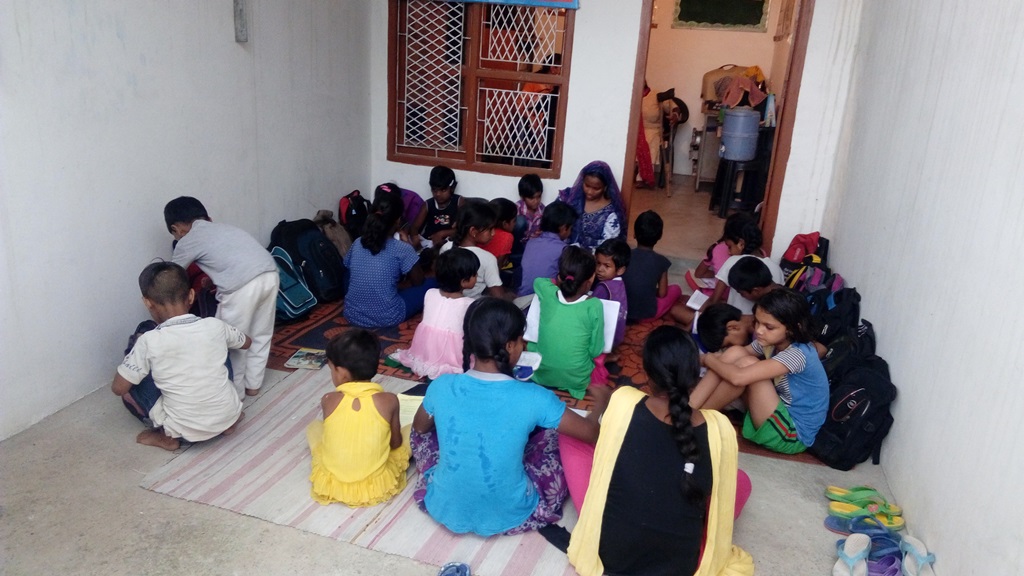URJA was established in 2011 in New Delhi, India. The aim of the organization is to work for marginalized women and children, especially migrant women and women in distress.
OBJECTIVES
- Provide women and girls, especially women in distress with life choices and access to opportunities and resources
- Advocate collectively for educational opportunities, economic resources and legal protection of marginalized women and children.
- Encourage leadership amongst women and to build awareness of their rights.
- Promote economic self sufficiency of women
- Lobby with policy makers and government to pro-actively address gender based violence and discrimination
PANDVALA KALAN CENTRE
At present, we are running a Centre at Pandvala Kalan village in Najafgarh, New Delhi. Pandvala or Pindwala Kalan village is located in Najafgarh in the South West District of Delhi. The village is predominantly inhabited by the Yadav and Jats , who own vast farmlands and employ migrants from other states to work in their fields. As per Population census 2011, Pandvala Kalan village has a population of 3779 . There is a total of 725 families residing in the village and an average 5 persons live in every family.Through our Centre we are reaching out to poor and migrant families covering a population of approximately 1500 people.
There are 100-150 household/families belonging to the migrant community in these villages. They live in the outskirts of the village or in small shanties and rented one room tenements with poor ventilation and living conditions. They work in small factories and take on odd jobs such as carpentry, painting and construction work.
1. Problems of the Migrants of Pandvala Kalan
A Participatory Rural Appraisal (PRA) was conducted in Pandvala Kalan in April 2015. Information was gathered on the problems and needs of the community in terms of education, health and livelihood options. Some of the key findings of the PRA exercise are as follows:
Livelihood:
Low education, poor health and growing unemployment are the major problems faced by the migrant people. Both, men and women work to supplement the household income. Almost 85% of migrant women are working in low paying jobs such as agricultural workers or construction site workers. Men work as causal /daily wage labourers earning a meager wage of Rs. 300 daily, which is below the minimum wage levels. Women, on the other hand, earn even less for the same number of hours of work.
Education:
Migrant children are first generation learners as their parents have never been to school or have barely passed the primary grade. Approximately 60% of the children drop out of schools due to poverty or due to general apathy and lack of awareness of parents towards education. Some children (almost 20%) have never been to school as parents failed to admit them in schools at the right age or were too busy eking out a living to cater to their child’s educational needs.
Girls drop out after completing primary education to take care of their siblings or to attend to household chores. Early marriage is common among migrants. Girls get married as soon as they pass the 10th grade and with poor skills and education levels they are compelled to work in low paying jobs. In so far as boys are concerned, once they complete their 10th grade, they are under pressure to start earning to supplement the family income.
Health:
Health and sanitation is another major concern in the migrant colony. Lack of basic civic amenities such as toilets, renders the few available facilities filthy and unusable prompting women/ villagers into open air defecation, in turn impacting women's safety. There is a government dispensary in the village where medicines are distributed; however, it does not adequately address the health problems of migrant children. For any major health problem, migrants have to go to the district hospital which is very far way and they often lack the funds for transportation.
Another glaring health problem is undernutrition among the migrant residents. This is primarily due to the lack of purchasing power to buy nutritious food for a growing family. Children have low weights in comparison to their height and age. They suffer from poor immunity, general weakness and concentration power, which in turn affects their education and learning ability. The health of women also suffers due to lack of proper nutritious diet. Women work long hours and the arduous nature of their work coupled with poor nutrition has a negative impact on their health.



